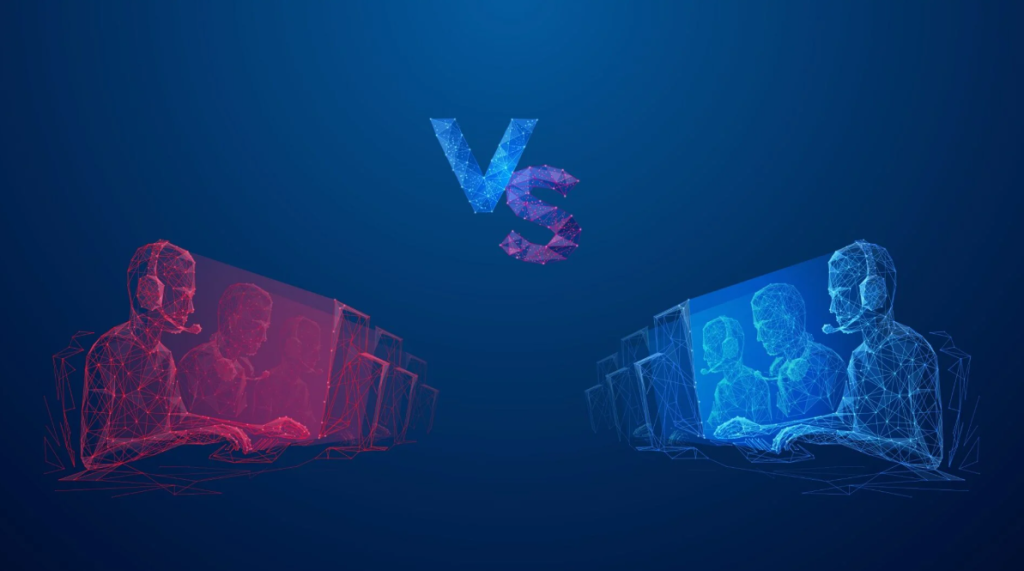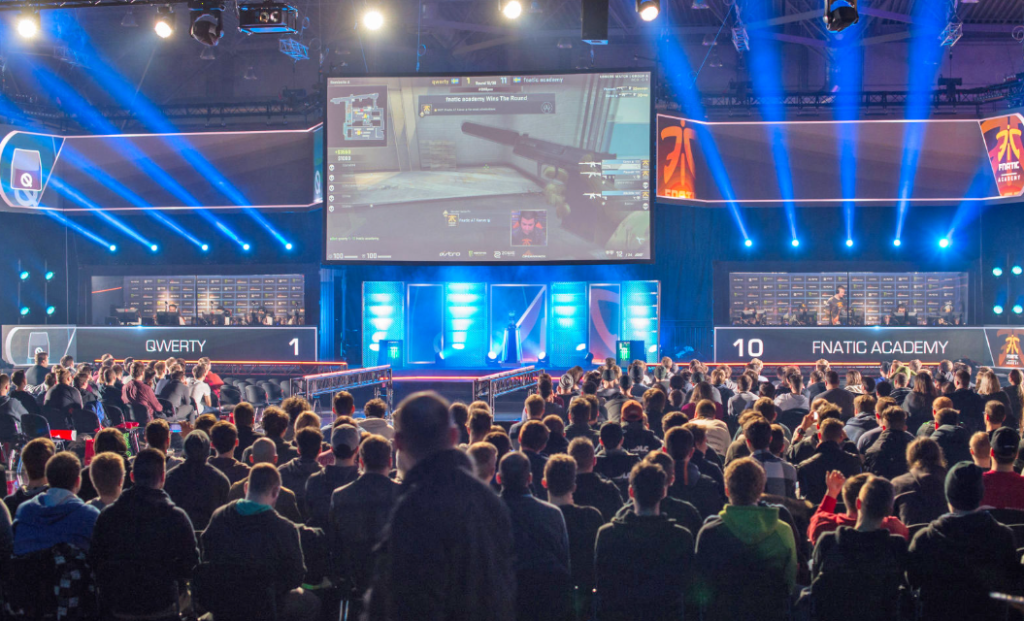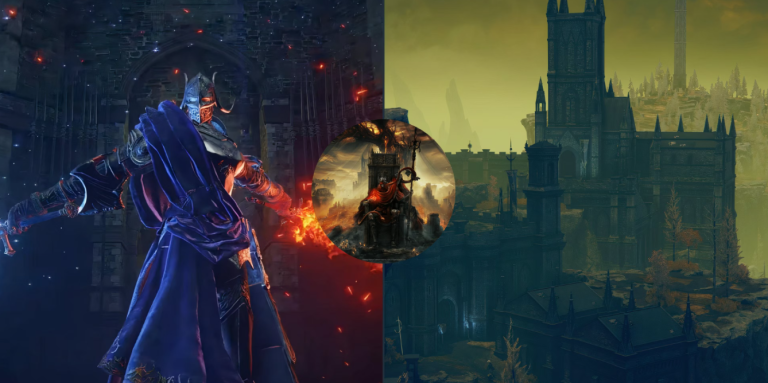
Esports is no longer just about playing games. It has evolved into much more — a competitive arena, a cultural movement, a lifestyle, and for many young people around the world, a defining part of their identity. Especially in Western countries, esports is quietly reshaping how young people live, socialize, and even think about their futures.
Take Jack, a college student from Los Angeles. His life revolves around esports. After classes, he spends most of his time watching tournaments or jumping into online matches. For Jack, esports isn’t just entertainment — it’s a way to connect with people. Through games like League of Legends and Overwatch, he’s met friends from across the globe. They strategize together in matches and casually chat on voice channels about everything from daily life to pop culture. This online social circle has become an essential part of his college experience.
Jack’s story isn’t unique. Across the West, esports has become a new language of social connection and a cultural marker. Fans passionately support their favorite teams, buy branded merchandise, and follow star players religiously. All of this shows that esports has outgrown its “just a game” roots to become a powerful identity vehicle.
What’s more, esports is fueling booming industries and innovation. From the rise of streaming platforms to the surge in sales of gaming gear, and the growth of professional teams with serious business operations — the ecosystem is massive and vibrant. Jack’s friend Emily, for instance, streams part-time on a popular platform. She not only showcases her gameplay but also shares slices of her daily life, building a community of followers. Esports has given her a platform to express herself and even opens doors to potential careers.

Esports is also gaining acceptance among parents, a shift that’s quite remarkable. What used to be dismissed as a “waste of time” is increasingly recognized as a legitimate competitive sport. Numerous universities across North America now offer esports scholarships and have dedicated training programs. At first, Jack’s parents didn’t understand his passion, but as they saw him develop friendships, teamwork skills, and quick decision-making abilities through esports, their skepticism gave way to support.
The impact of esports goes beyond just social and educational realms. It sparks interest in technology and drives innovation in virtual reality (VR), augmented reality (AR), and other emerging tech in entertainment. Jack once attended an esports expo where he got hands-on with cutting-edge VR gaming setups, leaving him inspired by the fusion of tech and play. Experiences like these have broadened his horizons and influenced his thoughts about future career paths.
Another notable aspect of esports culture is its inclusivity. Unlike many traditional sports with physical barriers, esports levels the playing field regardless of gender, body type, or location. Jack’s friend Catherine, a female esports player, says that gaming has given her the chance to prove her skills without being weighed down by stereotypes. Increasingly, women are making their mark in the competitive scene, becoming celebrated stars in their own right.

Of course, esports culture isn’t without controversy. Concerns about gaming addiction, health impacts, and aggressive commercialization have been raised. But like any growing cultural phenomenon, esports is maturing through its challenges. Responsible guidance and healthy participation will be key to its sustainable future.
In the end, esports has long since stepped out of the virtual screen and into the real world as a shared cultural language and lifestyle for young people everywhere. It connects individuals across countries and backgrounds, fuels creativity and passion, and opens new doors for life and work. Young people like Jack are both witnesses and contributors to this global esports wave — and their stories might just be the best sign of what’s yet to come.
![]()


